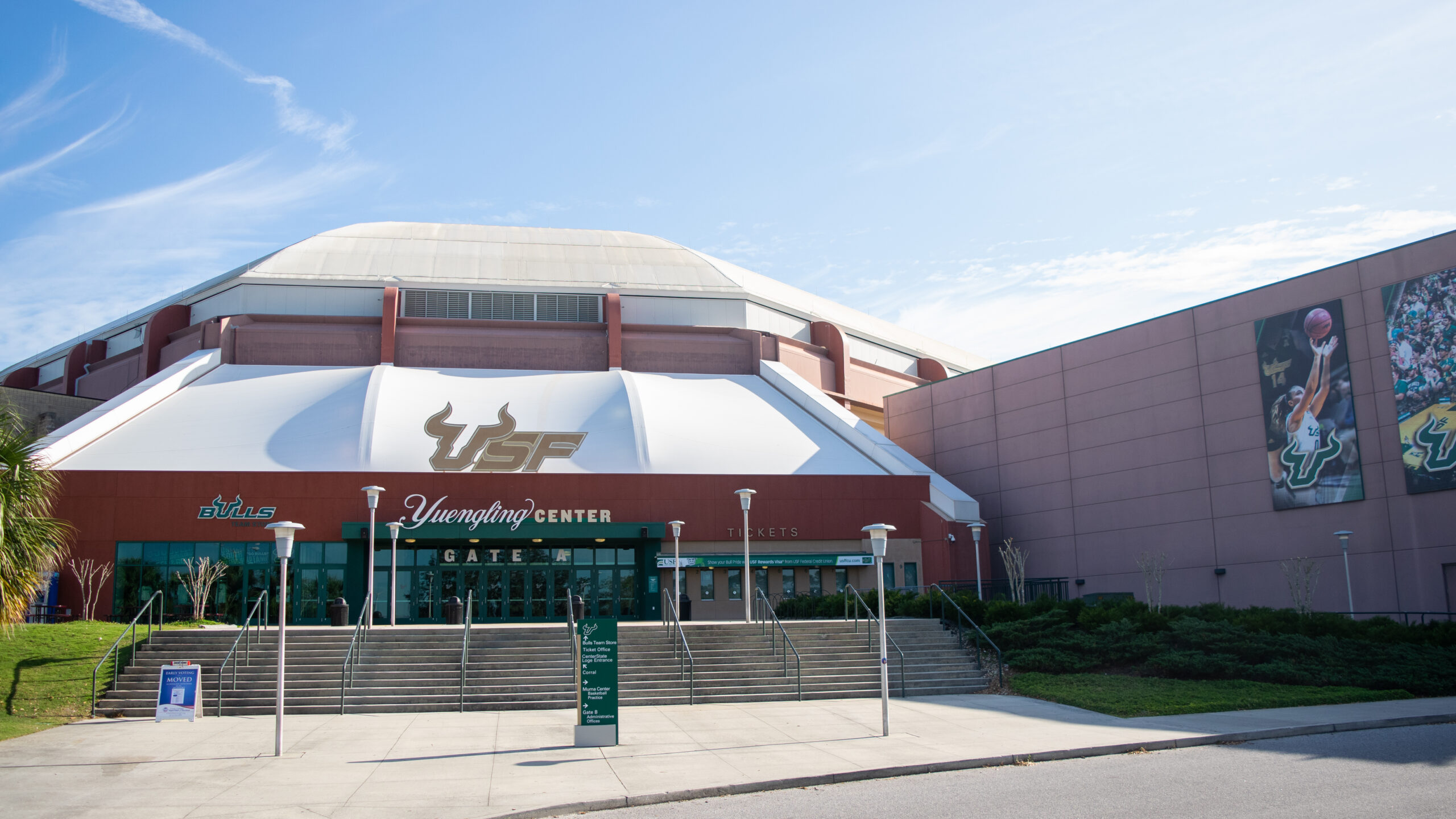Annual financial plan accommodating COVID-19 hardships

The USF Board of Trustees (BOT) approved the annual financial plan for the university’s Direct Support Organizations (DSOs) Thursday afternoon amid financial hardships resulting from the coronavirus pandemic.
From financial losses to a series of adjustments and adaptations for the 2020-2021 fiscal year, some DSOs have been searching for ways to maintain their activities while getting back to usual business despite the difficulties caused by COVID-19.
Per USF regulation, DSOs have the authority to make expenditures to or for the benefit of the university. Operated to support the university by providing supplemental resources, DSOs are legally separated, not-for-profit corporations.
Through a phone conference to the BOT Finance Committee, DSOs assessed risks related to COVID-19 for the 2021 fiscal year and how to mitigate them.
The meeting, led by BOT Chair Jordan Zimmerman, lasted two hours and featured eight different DSOs from across the university.
The University Medical Services Association, Inc., along with the USF Medical Services Support Corporation and the USF Health Services Support Organization, Inc., has seen an impact caused by the pandemic with a decrease in revenues as patients reduced the number of visits to the clinic.
With a reduction in the number of patients, the DSO projected a loss of $24 million in revenues for the 2021 fiscal year, according to Senior Associate Vice President and CFO Richard Sobieray.
As a way to provide access for their patients in a safer environment as well as provide a gap-filling strategy for the projected revenue loss, the University Medical Services Association decided to create telehealth for patients to access health care services remotely. In addition, the DSO has also been focusing on expense reduction until the end of the fiscal year.
With this decision, the DSO is projected to have a $13 million reduction in expenses.
“We’re going to lose about $24 million, but we’re going to gain much of that back as a result of our expense reduction strategy and our revenue strategies,” said Sobieray.
“Because of the strategies we’re building in here, whether it’s payables management [or] the way we manage our assets, we’re going to generate about $52 million in cash, but the reality is that’s really there for us to help ramp up when we’re fully operational as an organization.”
“We assumed that we were only going to be collecting patient service revenue in about 34 cents on the dollar as a result of the decreased volumes,” Sobieray said. “I’m happy to say that last week, the lowest we got was about 65 cents on the dollar we climbed back to 82 cents on the dollar.”
Sobieray said the floor price will vary between 50 to 60 cents on $1.
A similar scenario is faced by Sun Dome Inc. with the pause in operations and events hosted at the Yuengling Center through the end of this fiscal year. The 2021 financial plan consisted of eight events that have not yet been confirmed due to COVID-19.
In addition to losing revenue, Vice President of Athletics and Sun Dome Inc. CEO Michael Kelly said there will be a significant reduction in expenses associated with the events until normal business resumes.
“We’ve reduced staffing any of the events that obviously if we don’t have events, you know those, those people are not going to be on our payroll anymore,” CFO Brandon Hall said. “And then all of our expenses have been paused, we’re only paying contractually obligated [employees] or those required to maintain the building.”
With the postponement and cancellation of its events, the Alumni Association has also been negatively impacted COVID-19. Besides not having its annual events, the Alumni Association had a decrease in the number of new and renewed memberships, according to Vice President and Executive Director Bill McCausland.
McCausland said the decrease in attendance and memberships will continue throughout the 2021 fiscal year.
“We believe that alumni will start attending some events on a limited basis perhaps in the September-October time frame, but it really won’t be until January of ’21 before we start seeing more normal levels of activity,” McCausland said.
The Alumni Association currently has 37,242 members.
For the USF Foundation, despite the challenges of finding new donors, CEO Noreen Segrest said they will meet their fiscal year fundraising goal due to the “continuous generosity of donors.”
“To prepare for the future impacts of this pandemic on the university, we have maintained our distribution of funds to colleges and units toward those areas endowed and their operating funds and we are carefully monitoring our expenses,” Segrest said.
While other DSOs had to limit their activity amid financial hardships due to COVID-19, USF Research Park has been able to continue business, according to President and CEO Paul R. Sanberg.
With construction of the new USF Research Park mixed-use lab and office building set to begin in June and scheduled for completion by October 2021, Sanberg said the project has been actively managed for cost control.
“At this point, the 2021 fiscal year looks encouraging because the research activities that will take place within those labs, from our faculty, as well as our industry clients, were very numerous and we haven’t had any real problems with them at this point,” Sanberg said.
With the financial challenges, Zimmerman highlighted the importance of being strategic when it comes to budgets.
“This next year will be challenging and we need to be strategic, think outside the box and make sure that our budgets are smart,” Zimmerman said.







